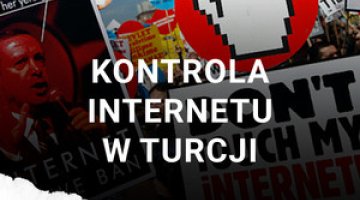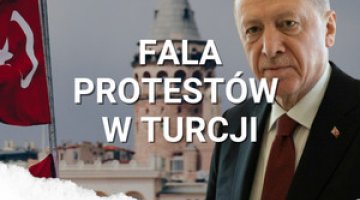Tension between Turkey and Syria escalates
On 3 October, Turkey shelled Syrian troops stationed close to the border for the first time since the beginning of the crisis in Syria. It launched a few more artillery attacks over the next days. This was Ankara’s response to mortar attacks from Syria in which five people were killed in Turkey. Areas adjacent to the Turkish frontier have been a battlefield for Bashar Assad and opposition forces for several weeks. It is unclear who is firing the shells which hit Turkish territory and whether these are deliberate attacks – Damascus has put the blame for the shelling on terrorists. The Turkish parliament granted permission for the use of the army to conduct operations in Syrian territory. Ankara appealed to NATO and the UN for security guarantees and for pressure to be put on Damascus. NATO issued a statement condemning the Assad regime, and NATO secretary general, Anders Fogh Rasmussen, following a meeting of defence ministers on 9 October, assured that NATO had developed defence plans for Turkey and at the same time emphasised that he hoped for a political solution to this crisis.
- The exchange of fire is another stage in the tension which has been escalating for more than a year between Turkey and Syria. Syria has accused Turkey of supporting the opposition and openly aiming for the toppling of the Assad government, while Damascus has been blamed for, among others, fomenting Kurdish separatism in Turkey. Turkey has warned on numerous occasions that it will respond using military means to any Syrian acts of aggression (e.g. shelling its territory or supporting the terrorist organisation PKK). After a Turkish reconnaissance aircraft was shot down in June this year, Ankara announced that any Syrian troops approaching the Turkish border would be treated as a target, but it has consistently avoided open confrontation with Syrian forces thus far.
- It seems that military intervention in Syria is not in Ankara’s interests. The arguments against an intervention include: the lack of clearly defined and realistic political and military goals which would come from a possible intervention, the high risk of significant military and civilian casualties, the lack of approval to a Turkish intervention from the Turkish public and the anti-Assad opposition, the lack of an international mandate and real support from its allies, and the fear of retaliation from Russia and Iran, which support Assad. Nevertheless, given the increasingly terse rhetoric used by Ankara and the concentration of Turkish troops on the border, further attacks on Turkish territory are adding to the risk of an uncontrolled escalation of the conflict.
- An open military confrontation with Turkey is not in the interests of Damascus either, since its army is weaker and is now focused on fighting the opposition. Therefore, it cannot be ruled out that the attacks on Turkish territory are acts of provocation from anti-Assad groups or other countries from the region which want Turkey to launch an intervention in Syria.
- It may be expected that Turkey will increase its pressure on Syria to discourage it from escalating tension; for example, limited shelling of Syrian positions will probably be continued. Turkey has been making efforts to gain political and technical support from NATO for almost a year. Although its evaluation of the Syrian crisis basically complies with that of the key NATO member states (especially the USA), NATO has adopted what Turkey sees a very moderate stance on its greater engagement in the Turkish-Syrian tension. Rasmussen’s statement of readiness to defend Turkey does not necessarily mean any major change in NATO’s stance on the Syrian crisis: this issue has never been raised during the last NATO defence ministers’ meeting, and his statement was provoked only by questions from journalists.





